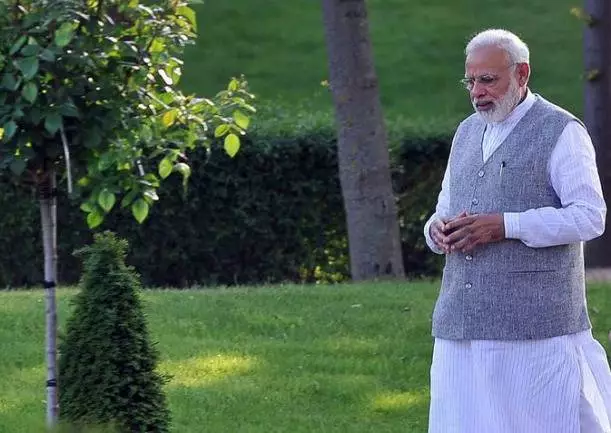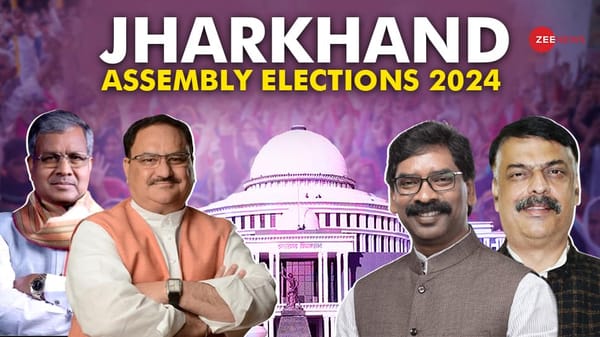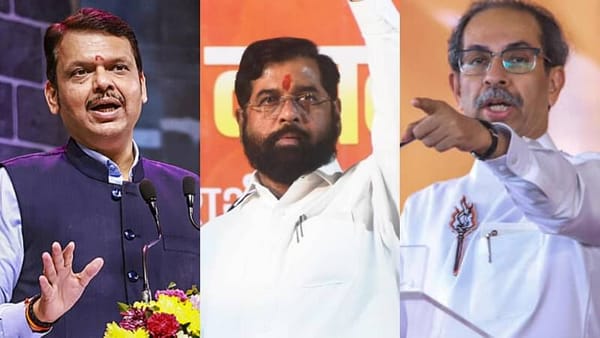PM Modi's Retirement: The 75 Plus Rule in BJP

As India approaches a new political era, discussions around leadership transitions within the Bharatiya Janata Party (BJP) have intensified, particularly regarding Prime Minister Narendra Modi's future. The introduction of the "75 Plus Rule," which encourages leaders over the age of 75 to retire from active politics, has sparked conversations about the implications for Modi and the party's direction.
The 75 Plus Rule Explained
The "75 Plus Rule" was formally announced during the BJP's national executive meeting in 2021. The rule encourages senior leaders to step aside from active political roles, aiming to create space for younger leaders and fresh ideas within the party. This move is seen as a strategic approach to rejuvenate the party's leadership while promoting generational change.
The rule applies not only to elected representatives but also to those holding significant positions within the party. It encourages leaders to take on advisory roles, allowing them to guide the party without being directly involved in day-to-day politics.
Implications for PM Modi
At 73, PM Modi falls within the scope of this rule, prompting speculation about his retirement timeline. However, Modi's leadership style and popularity make it a complex situation:
- Political Landscape: Modi’s influence on Indian politics is significant, and his leadership has been instrumental in the BJP's electoral successes. His decision to retire could greatly impact the party's strategies and public perception.
- Legacy and Continuity: Should Modi choose to step down, ensuring a smooth transition and continuity in governance would be crucial. His leadership has established a particular vision for India, and the next leader will need to uphold and further this agenda.
- Potential Successors: Discussions about Modi’s successor have begun circulating. Figures like Home Minister Amit Shah and BJP President J.P. Nadda are often mentioned as potential candidates. The selection of a successor will be pivotal in maintaining the party's unity and vision.
Reactions within the BJP and the Public
The 75 Plus Rule has received mixed reactions. Some party members view it as a necessary step toward modernization and renewal, while others express concern about losing experienced leaders who have been instrumental in the party's growth.
Public sentiment is also varied. Many supporters appreciate the idea of promoting younger leaders, believing it can bring fresh perspectives to governance. Conversely, Modi's strong base remains loyal, and any abrupt change could lead to uncertainty among voters.
Conclusion
As the BJP navigates this transitional phase, the 75 Plus Rule poses both opportunities and challenges. Prime Minister Modi’s potential retirement will be a significant moment in Indian politics, shaping the future of the BJP and its policies. The party's ability to adapt while honoring its legacy will be crucial as it seeks to maintain its status as a dominant political force in India. The coming years will be pivotal as the BJP works to balance continuity with the need for rejuvenation in leadership.



